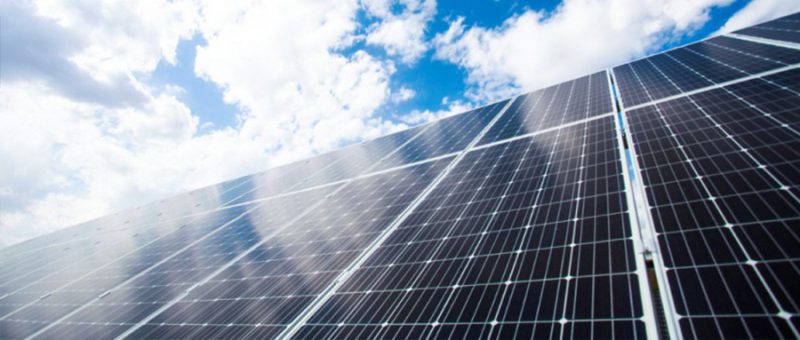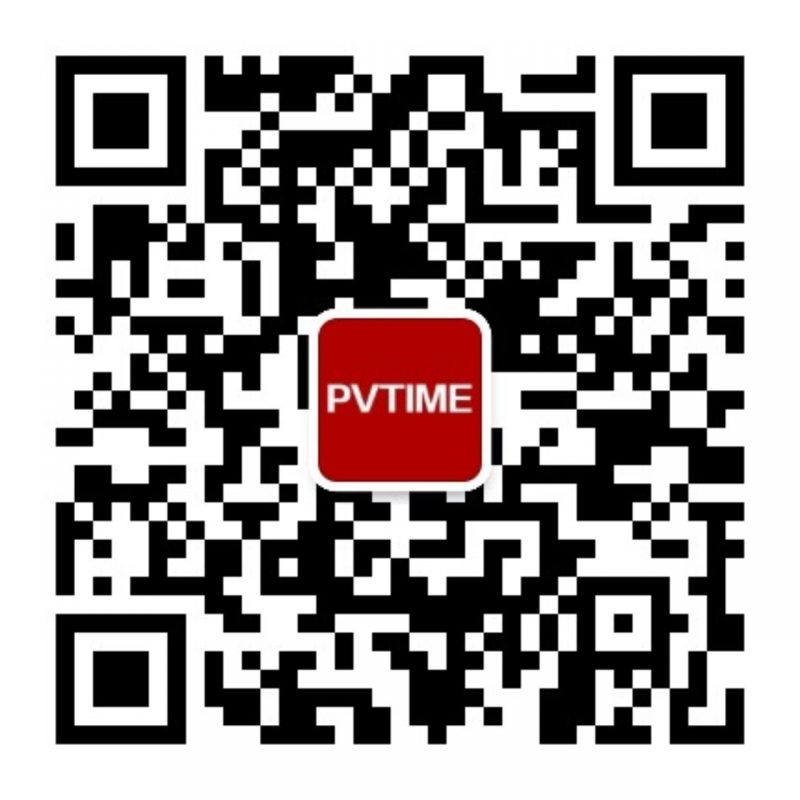PVTIME – Thirty European Union lawmakers have urged the European Commission to limit the access of Chinese solar inverter manufacturers to the bloc’s critical energy infrastructure, citing pressing cybersecurity concerns. In an open letter to Executive Vice-President Vera Jourová and Energy and Housing Commissioner Dan Jørgensen, the legislators called for immediate and binding measures to exclude high-risk suppliers from key energy networks.

The letter, leaked by Politico, notes that cybersecurity authorities in Lithuania, the Czech Republic and Germany have already taken action, either imposing bans or issuing warnings about potential risks to Europe’s power grid. These risks stem from remote cloud access to inverters or hackers breaching suppliers’ cloud servers. The signatories urge the Commission to speed up risk assessments and propose concrete measures to restrict high-risk suppliers while supporting European manufacturers. They warn that it could take two years for ongoing research and relevant legislation to be finalised, by which time Europe may have lost its remaining photovoltaic inverter producers. While Western firms can currently meet European demand, their market share is declining sharply, and the EU could soon lose all non-Chinese alternatives if one collapses due to unfair competition from China.
Suppliers based in China dominate Europe’s inverter market. According to data from the PV wholesale platform Sun.Store, Huawei, Sungrow, GoodWe and Deye are among the top five providers of string and hybrid inverters. In 2023, Huawei supplied 115GW of inverters to Europe, and Chinese manufacturers accounted for 80% of all new photovoltaic inverter capacity added to the bloc in 2024. Meanwhile, non-Chinese manufacturers have struggled to turn a profit amid intensifying competition and a slowdown in Europe’s residential solar market. The industry association SolarPower Europe has previously called for greater support for European producers, such as SMA Solar and Fronius, as well as for stricter cybersecurity rules for digital inverter infrastructure. The European Solar Manufacturing Council has voiced its full support for the lawmakers’ letter.
In June, cybersecurity firm Forescout found that Europe’s solar sector faces higher risks than any other region globally. Many inverters allow external internet access, which is often managed via cloud servers outside the EU. If malicious actors were to gain access, they could potentially damage or shut down devices, triggering power outages or harming critical infrastructure. Erika Langerová, head of cybersecurity research at Prague’s UCEEB research centre, said the letter is well substantiated and should work if properly implemented, adding that Brussels has learned lessons from early mistakes with the 5G Toolbox. This framework introduced targeted cybersecurity measures for telecoms, allowing countries to restrict firms without naming specific companies, similar to the UK’s move against Huawei in telecoms.
Despite its rapid adoption in Europe, no comparable restrictions exist for solar. Last month, Huawei regained its membership of SolarPower Europe following a legal dispute. Langerová expects intense discussions and significant lobbying ahead, noting that the EU is a major market for Chinese companies that they will not easily give up. The lawmakers’ letter concludes that failure to take immediate, binding action would jeopardise Europe’s energy security and endanger the viability of all remaining European manufacturers in the sector.

Scan the QR code to follow PVTIME official account on Wechat for latest news on PV+ES











